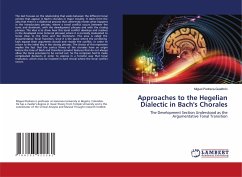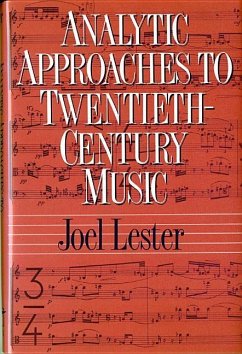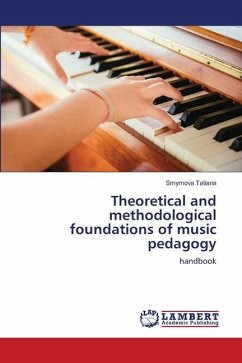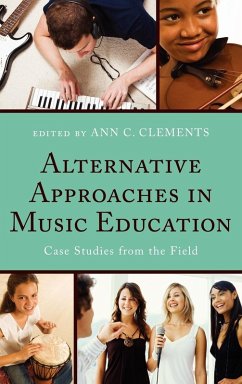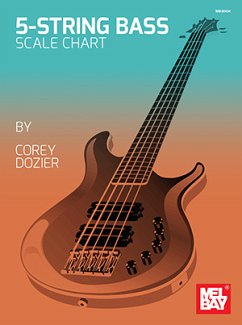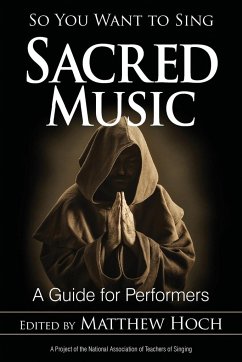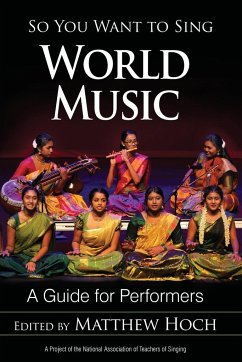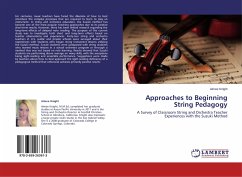
Approaches to Beginning String Pedagogy
A Survey of Classroom String and Orchestra Teacher Experiences with the Suzuki Method
Versandkostenfrei!
Versandfertig in 6-10 Tagen
27,99 €
inkl. MwSt.

PAYBACK Punkte
14 °P sammeln!
For centuries, music teachers have faced the dilemma of how to best introduce the complex processes that are required to learn to play an instrument. In string and orchestra education, the Suzuki method has become one of the most popular teaching approaches due to its positive short-term results. However, there has been limited research regarding the long-term effects of delayed note reading. The purpose of the current study was to investigate both short and long-term effects based on teacher observations and experiences. Forty-two string and orchestra teachers in U.S. public and private schoo...
For centuries, music teachers have faced the dilemma of how to best introduce the complex processes that are required to learn to play an instrument. In string and orchestra education, the Suzuki method has become one of the most popular teaching approaches due to its positive short-term results. However, there has been limited research regarding the long-term effects of delayed note reading. The purpose of the current study was to investigate both short and long-term effects based on teacher observations and experiences. Forty-two string and orchestra teachers in U.S. public and private schools were surveyed about their experiences with students who began string instrument lessons utilizing the Suzuki method. Suzuki students were juxtaposed with string students who started music lessons in a school orchestra program or through a method that was not based on rote learning. Results showed that Suzuki students are performing above average on many skills, with the exceptions being sight-reading and ensemble performance. Suggestions were made by teachers about how to best approach the sight-reading deficiency of a pedagogical method that otherwise achieves primarily positive results.





